Upon first glance, one might mistake A Monster Calls for being another children’s fantasy movie. While that might be a turn-off for some, don’t be swayed. It isn’t long before the film shifts into something much more profound and original. Moreover, it cleverly explores our need for escapism. In times of turmoil, we conjure up fantasies to cope with pain. Our inner conflicts are inescapable, and sooner or later, we’ll need to leave the aura of our daydreams to confront them. This is the central theme of A Monster Calls, an overlooked 2016 gem that uses fantasy and wonder to explore the human condition. The result is something deeply moving and brutally honest about confronting grief.
Set in modern-day England, the film follows Conor O’Malley, a twelve-year-old boy struggling to cope with his mother’s terminal illness. His absentee father lives in the United States, and Conor is left in the care of his overly strict grandmother, whose attitude towards him is anything but nurturing. One night, an enormous monster emerges from an old yew tree to visit him. He tells the boy that he’ll return to share three stories with him. But by the end, Conor must share a story of his own: his truth. The story that ultimately unfolds is as somber as it is touching, and it beautifully articulates that life’s biggest problems don’t always have the easiest answers.
READ: ‘The Suicide Squad’ Review: Creative Freedom Reigns
A Monster Calls is adapted from the book of the same name, lovingly brought to life by director J.A. Bayona. His passion for the source material is evident in every frame. Each setting is perpetually dark and dreary throughout the film’s entirety, and yet, it conveys an undeniable charm when necessary. The titular monster (voiced by Liam Neeson) is never utilized for anything meaningless. He’s only ever there to assist Conor in processing his emotions, and the pair’s interactions provide a hefty amount of visual eye candy.
Though the film’s monster CGI is superb, the real treat comes in the form of the monster’s stories. They tell of kings, queens, sorcerers, and great battles fought long ago. Despite their fairy tale qualities, each one speaks to the complexities of human emotion and behavior, providing Conor with the essential life lessons he needs to process his pain. These tales serve as a wonderful diversion from the darkness in Conor’s life. Each animation is beautiful, brimming with color and life. The stylistic art is even a match for Conor’s own drawings, a wise connective thread on the part of Bayona’s direction.
However, it should be mentioned that this isn’t a feel-good story. Bayona aims to ask the audience to ponder the grey areas of morality, and it’s a theme brilliantly embodied by the film’s cast and characters. Felicity Jones delivers an emotionally powerful performance as Conor’s terminally ill mother, who desperately tries to hide her cancer from her son. Toby Kebbell, though appearing sparingly, plays the boy’s father with all the necessary warmth, and at times, a lack thereof. The legendary Sigourney Weaver is caring, demanding, and empathetic all in one. But the real star is Lewis MacDougall, who gives a standout performance amongst his incredibly gifted co-stars. Conor experiences an enormous range of feelings throughout the course of the film, and MacDougall nails each one flawlessly.
READ: Drawing the Double: How Perfect Blue’s Animation Creates A New Reality
Of course, none of the film’s aforementioned strengths would be possible without Patrick Ness’s excellent script. Ness (who also authored the book) writes with such a deep understanding of the human soul. Conor’s conversations with the monster are complex, meaningful, and at times, antagonistic. Nevertheless, he’s there to help. The massive, moss-covered giant provides Conor with a rich analysis of humanity’s ways, and the film never sugarcoats dilemmas with simple “good vs evil” solutions. Bayona guides Ness’s writing with great confidence, never allowing the film to become too dark or too caught up in its fantasy. Composer Fernando Velázquez’s melancholic score only accentuates the film’s strengths, being both wonderfully subdued and touching.
On the surface, A Monster Calls might seem familiar. Conor is awkward and shy, retreating into his artwork and avoiding the school bullies. These are elements common in coming-of-age stories, but the film slowly morphs into something wholly unique. In fact, I’d dare say it’s one of the most beautiful films of the past decade. Though it became lost in the shuffle amongst a number of great films back in 2016, it’s more than deserving of your attention. Simply put, A Monster Calls is a dreary masterpiece with an undeniably big heart. It may leave you heartbroken, but its message about overcoming pain is enormously rewarding to experience. –Danny O’Brien

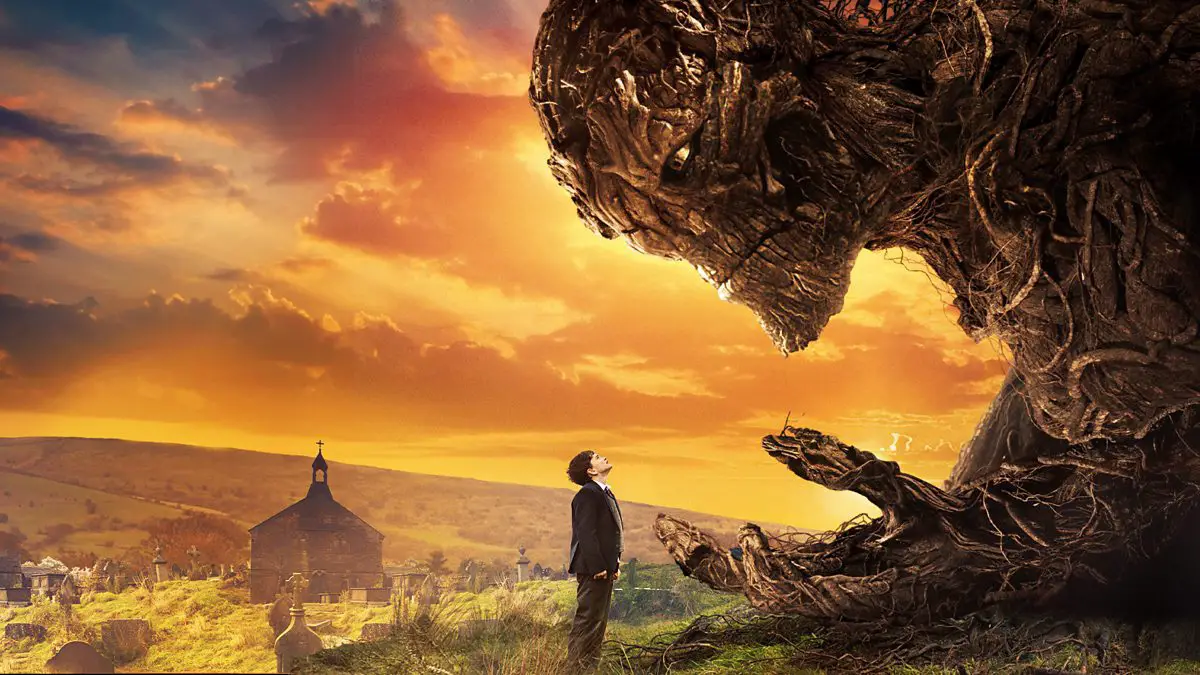
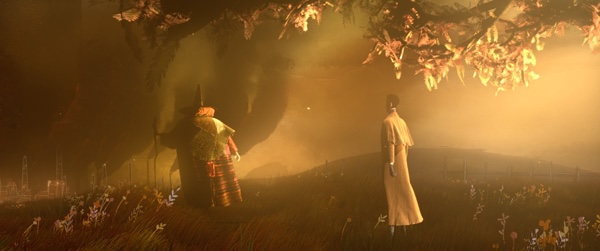
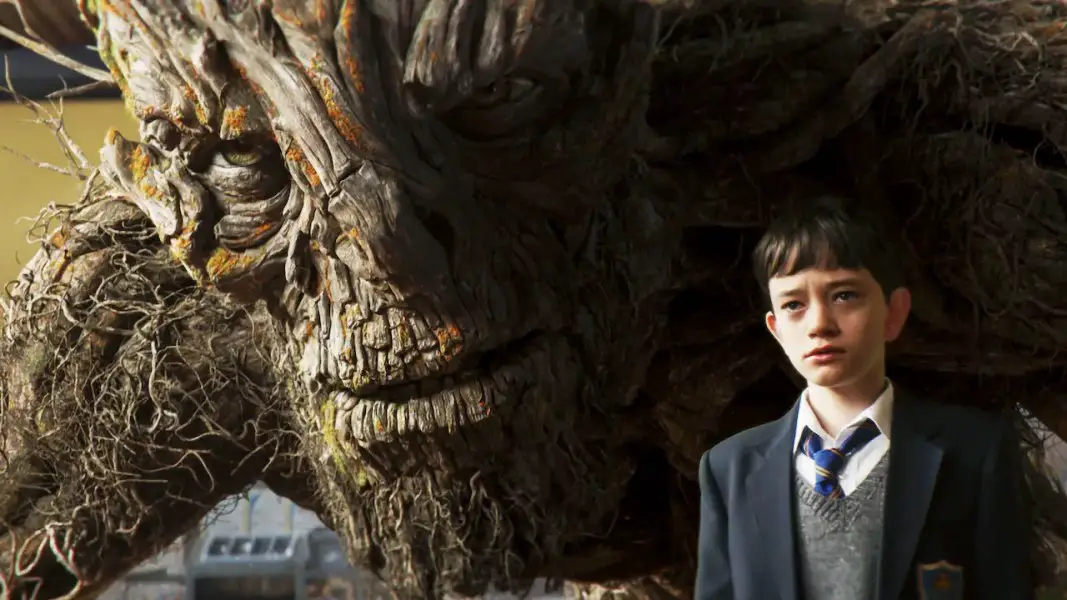

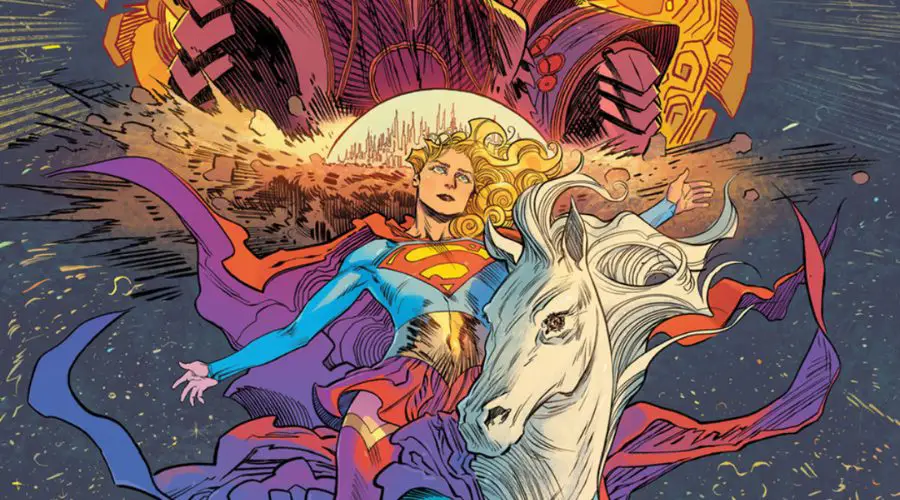
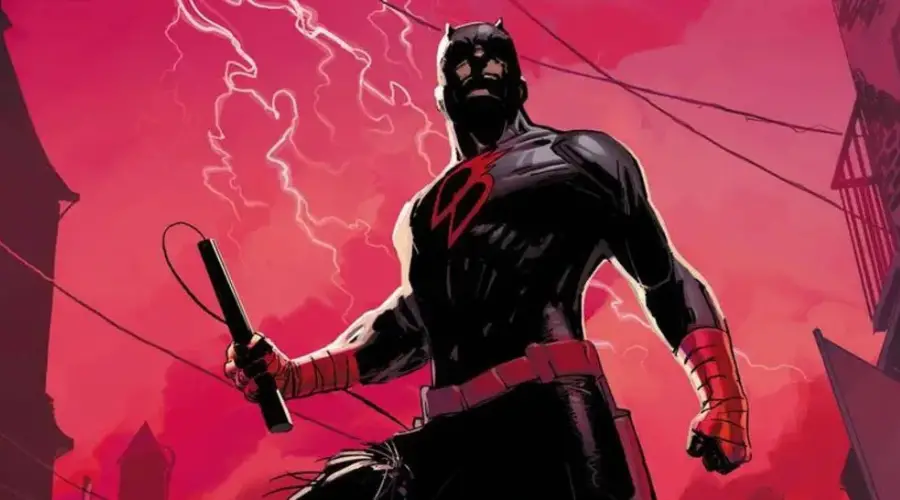
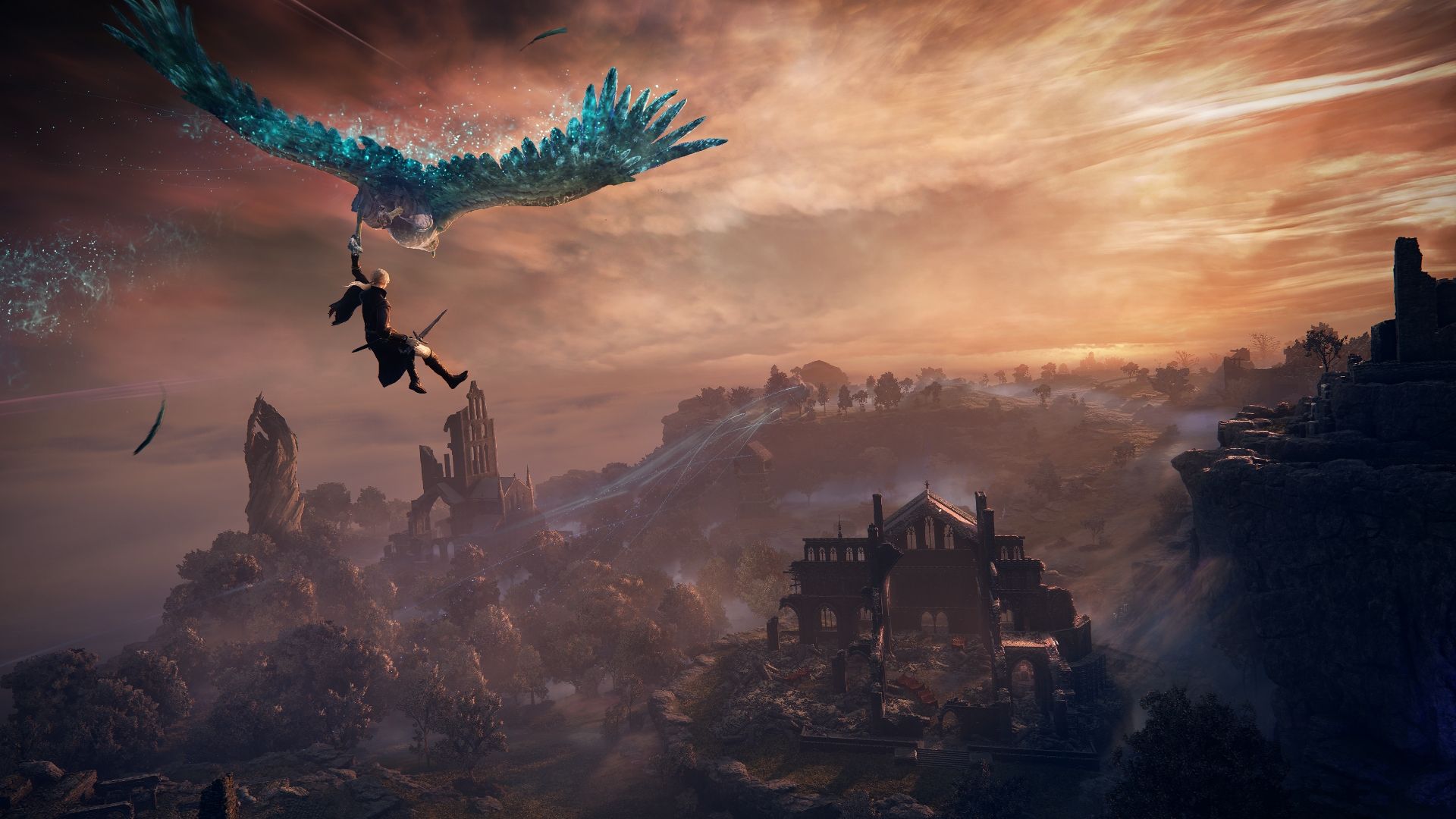
Leave a Comment